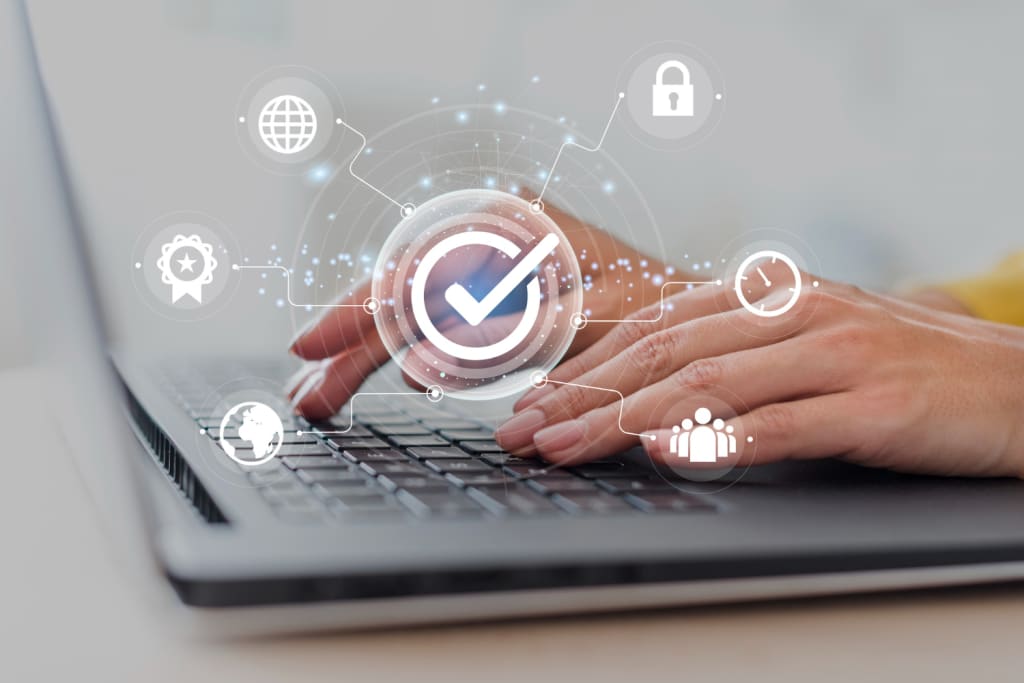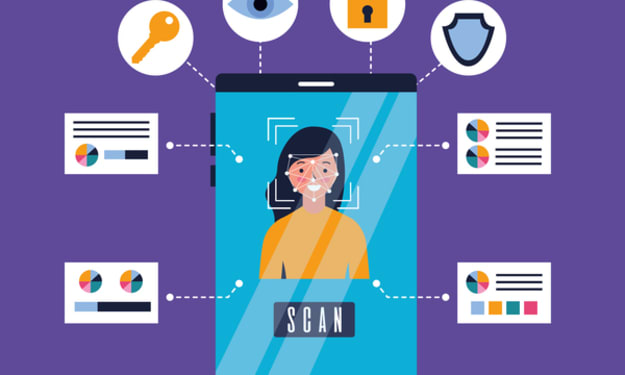Why Free Internet Security Software Might Not Be Enough?
Internet Security Software

In the interconnected world of today, internet security software is crucial. It acts as a crucial layer of defence against a variety of online dangers and weaknesses. In addition, Internet security software serves as a barrier, defending our devices, sensitive data, and online activities against the rising frequency of malware, viruses, ransomware, and phishing attempts.
It guards against identity theft and financial fraud by preventing the wrong people from accessing our personal information, including passwords and bank information. Additionally, internet security software ensures online transaction security, protecting our financial data from unauthorised access. Finally, identifying and repairing network weaknesses strengthens our systems against future breaches and incursions.
Additionally, parental control tools are frequently included in internet security software, allowing parents to keep an eye on and manage their children's online activity and ensure their safety while doing so. Internet security software is, in general, an essential tool for protecting privacy, avoiding cybercrimes, and promoting a safe online environment for both individuals and organisations.
Although free internet security software may provide some security, it frequently falls short in offering complete and effective security features. Using only free internet security software may not be sufficient for the following reasons:
Limited Functionality and Features: Compared to premium versions, free internet security software often has fewer features and functionalities. While it might be able to detect malware and antivirus basics, it frequently lacks advanced functions like real-time scanning, behaviour-based analysis, and advanced threat detection algorithms. On the other hand, the best internet security provider is usually paid, and it frequently offers a wider variety of functions and frequent upgrades to combat evolving threats.
Inadequate Protection Against Emerging Threats: Cybercriminals constantly create new and advanced attack tactics to get past security measures. Free internet security antivirus software might have less funding for research and development than commercial alternatives, which would reduce its efficiency in spotting and preventing new attacks. On the other hand, paid software frequently invests in cutting-edge threat intelligence and analysis, offering stronger defence against constantly changing malware, offering stronger defence against malware that is constantly changing and is comparatively more effective.
Limited Technical assistance: The technical aid provided by free internet security software is typically very little to nonexistent. For example, users might need more quick access to support or advice for problems or virus attacks. On the other hand, Paid software frequently offers specialised customer care channels, such as live chat, phone support, or email, providing rapid assistance and problem resolution.
Lack of Additional Security Layers: Additional layers of defence like firewalls, intrusion detection systems, and vulnerability screening are frequently included in paid internet security software. These capabilities provide a more specific security posture by strengthening your network and devices against numerous attacks. However, these additional layers might be absent in free software, giving hackers possible entry opportunities.
Possible Adware or Malware Bundling: Some free internet security software may include adware or other potentially unwanted programmes (PUPs), which may compromise the performance and security of your system. Unfortunately, this frequently happens in order to make money off of the free software. Paid software, on the other hand, typically has stronger quality control procedures and removes the possibility of bundled adware or malware.
Privacy protection is given top priority in paid software. Secure surfing, anti-tracking, and virtual private network (VPN) capabilities are some of the features that assist in protecting user privacy and securing sensitive data from unauthorised access. Free software frequently lacks or has fewer of these features.
Last but not least, paid software goes more thorough quality assurance processes to avoid being packaged with adware or other potentially unwanted programmes (PUPs). As a result, the security software may unintentionally install alongside malware or affect your system's performance.
In conclusion, commercial internet security software provides a greater level of security, cutting-edge features, frequent updates, specialised technical assistance, and more robust privacy safeguards. While free software may offer the bare minimum of security, it is advisable to spend money on a reliable, premium solution to assure full protection against the complex and constantly evolving cyber dangers that are so pervasive in today's digital environment.
About the Creator
Quick Heal
Quick Heal Technologies Ltd. is one of the leading IT security solution company. For over 27 years, we have been committed to developing security solutions that ensure resource availability, business continuity.






Comments
There are no comments for this story
Be the first to respond and start the conversation.